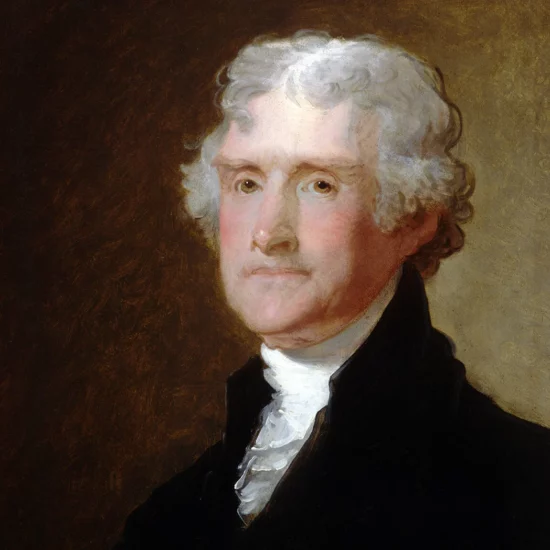“For the Scripture says, ‘You shall not muzzle an ox while it treads out the grain’ and ‘The laborer is worthy of his wages.’” – 1 Timothy 5:18, New King James Version
 Frank FainFor many students, Labor Day only represents the end of summer fun and the beginning of school. Grandparents, perhaps you should take some time this year to share with your grandchildren the holiday’s historical importance. Share that Labor Day is a yearly national tribute to the contributions workers have made to the prosperity, strength and well-being of our country.
Frank FainFor many students, Labor Day only represents the end of summer fun and the beginning of school. Grandparents, perhaps you should take some time this year to share with your grandchildren the holiday’s historical importance. Share that Labor Day is a yearly national tribute to the contributions workers have made to the prosperity, strength and well-being of our country.
As the industrial revolution began, laborers worked 12-hour days, seven days a week to earn a poor salary. At that time, many children did not go to school but went to work. Children as young as 5 worked in mills, factories and mines, earning a fraction of an adult worker’s low salary.
Due to low wages and unsafe working conditions, labor unions began to appear in the 1870s. Unions organized strikes and protests to improve working conditions. Unions encouraged employers to provide better working hours and salaries.
The first Labor Day was sponsored by Central Labor Union. On Sept. 5, 1882, 10,000 workers took unpaid time off from work to march in a parade from New York City Hall to Union Square. By 1885, Labor Day was celebrated in many industrial centers.
On Feb. 21, 1887, Oregon became the first state to establish a Labor Day holiday. By 1894, 30 states passed laws for a Labor Day holiday.
In 1894, a major labor battle, the Pullman Strike, hit Chicago and the federal government sent in U.S. Marshals and military troops. A major conflict between troops and union workers resulted in the death of more than a dozen strikers. In an attempt to repair relationships with workers, Congress passed — and President Grover Cleveland signed — a law making Labor Day a national holiday.
Unions encouraged all workers to participate in community parades to show worker strength and importance to the economy. In the early 1900s, celebrations expanded to include community picnics with musical concerts and speeches.
In 1909, the American Federation of Labor suggested the day before Labor Day be adopted as Labor Sunday, and asked churches to teach biblical aspects of work ethics.
Personalize Labor Day history by sharing family members’ work history to encourage your grandchildren to begin thinking about the work they may want to do when they finish school.
Frank Fain is director of educational services at The Baptist Home in Arcadia Valley, Mo. His 55+ Adults column regularly appears int he print edition of Word & Way.






